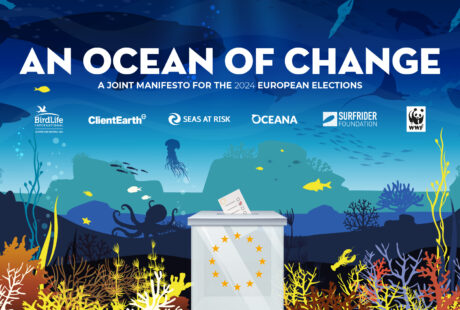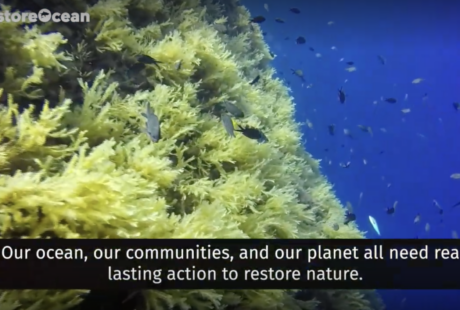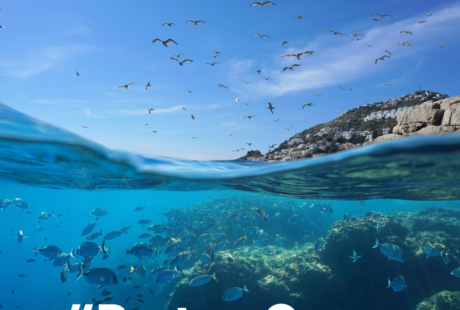Last week, G7 Environment Ministers met in Halifax, Canada to discuss climate change, oceans and clean energy. The Oceans Partnership Summit brought together some 200 representatives from industry, civil society and research, including Seas At Risk. These delegates were invited to come up with recommendations for the Ministers on sustainable oceans and fisheries, marine litter and resilient coasts and coastal communities.

Speaking on behalf of the Rethink Plastic Alliance, Monica Verbeek (Executive Director, Seas At Risk) pointed to the need for a comprehensive approach at international level if the fight against plastic pollution is to be effective. Ms Verbeek reiterated that the most effective way to reduce marine plastic pollution is to reduce the overall amount of plastic produced and consumed. The EU has already begun work on targeted legislation (the Single-Use Plastic Directive and the Port Reception Facilities Directive) that aim to curb plastic waste pollution at sea. Seas At Risk believes that bold European and regional legislation is needed to combat marine plastic pollution and drive overall plastic reduction if we are to ensure that plastic is used only in toxic-free, long-lasting, reusable and recyclable products.
There is little coordination between regional initiatives, however, with many lacking the scale, mandate and accountability required to address the impact of plastic throughout its lifecycle. A new governance instrument is needed to close this gap, one that not only coordinates actions in other forums (including the Basel Convention and the International Maritime Organization), but which is legally binding and dedicated to developing a comprehensive approach to managing the lifecycle of plastics and preventing marine pollution.
This international governance gap was not addressed by the Ministers at the G7 joint session. Rather, the Chair’s summary shows that the Ministers simply reiterated their previous agreements to tackle marine litter and agreed to a G7 innovation challenge to address marine plastic litter, promoting technological and social innovations in plastic use. Although not legally binding, the Oceans Plastic Charter agreed in June includes clear commitments to take a lifecycle approach to plastic stewardship on land and at sea. Without the support of Japan and the USA, however, it represents a G5 rather than a G7 initiative.
Posted on: 26 September 2018



